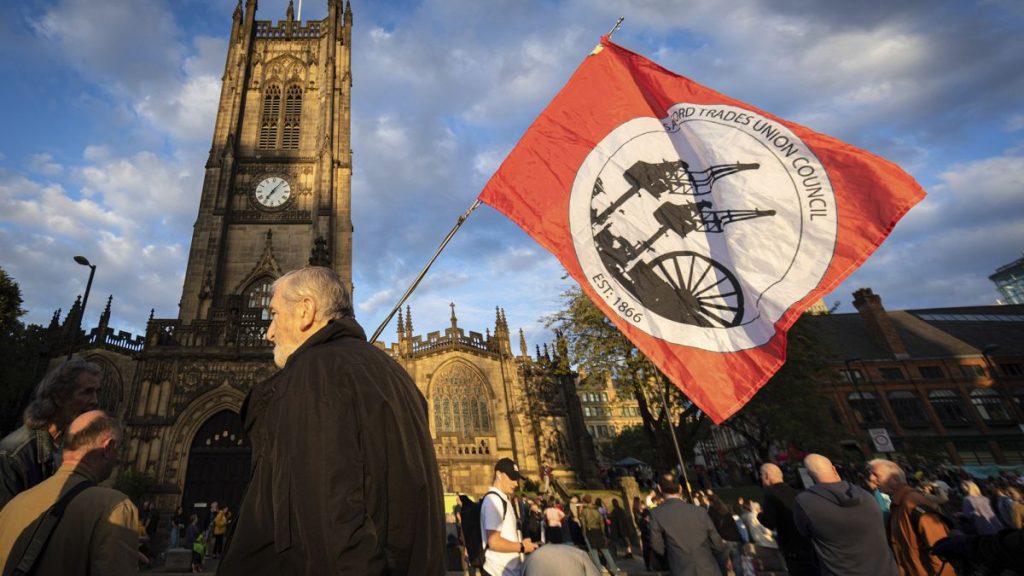Boris Johnson is handing his successor an economic ‘catastrophe’

For months, the United Kingdom has endured a leadership vacuum while the country has skidded toward a recession and a humanitarian crisis triggered by soaring energy bills.Since Boris Johnson announced he would As people are forced to reevaluate their budgets, the boom in consumption that followed the Covid-19 lockdowns is dissipating fast. The Bank of England has warned the UK economy will fall into a recession in the coming months.”The key challenge that the energy price surge poses is that households that use lots of energy — and in particular poorer households — are going to really struggle to make ends meet,” said Ben Zaranko, senior research economist at the Institute for Fiscal Studies. “It’s going to mean really big cutbacks in other areas of spending.”Meanwhile, Neame, whose portfolio includes about 300 pubs across southern England, said business owners are panicking. They’re getting quoted insane numbers for year-ahead utility bills, if they can find suppliers at all. Nick Mackenzie, the head of the Greene King pub chain, said that one location it works with reported its energy costs had jumped by £33,000 ($38,167) a year.”It’s really daunting for a lot of businesses, especially the ones who came through Covid in a weakened state,” McTague said. “They’re now struggling to deal with another once-in-a-lifetime catastrophe.”The crumbling British pound could exacerbate problems, making it more expensive to import energy and other goods, pushing inflation even higher. Overlapping crisesIt’s not the only reason business owners and investors are increasingly anxious. While job vacancies fell between May and July, they remain 60% above their pre-pandemic level. Finding workers to fill open roles has been a particular challenge in the United Kingdom since the country voted to leave the European Union. About 317,000 fewer EU nationals were living in the United Kingdom in 2021 than in 2019, according to the Office for National Statistics.There are also questions about how the incoming government will afford a large-scale economic intervention, especially if slashing taxes — and therefore government revenue — is the priority. The UK government borrowed heavily to provide support during coronavirus lockdowns. The country’s debts are now almost 100% of its gross domestic product. When interest rates were at rock bottom, and access to cash was cheap, this wasn’t a major issue.But that’s no longer the case. The Bank of England has been aggressively hiking rates as it tries to put a lid on inflation. That will make it increasingly expensive for the government to service its debt. The United Kingdom also has issued a large number of inflation-linked bonds, adding to its vulnerability.”It’s almost a perfect cocktail of challenges that make public finances look at risk in a way they haven’t in recent times,” Zaranko of the IFS said.







